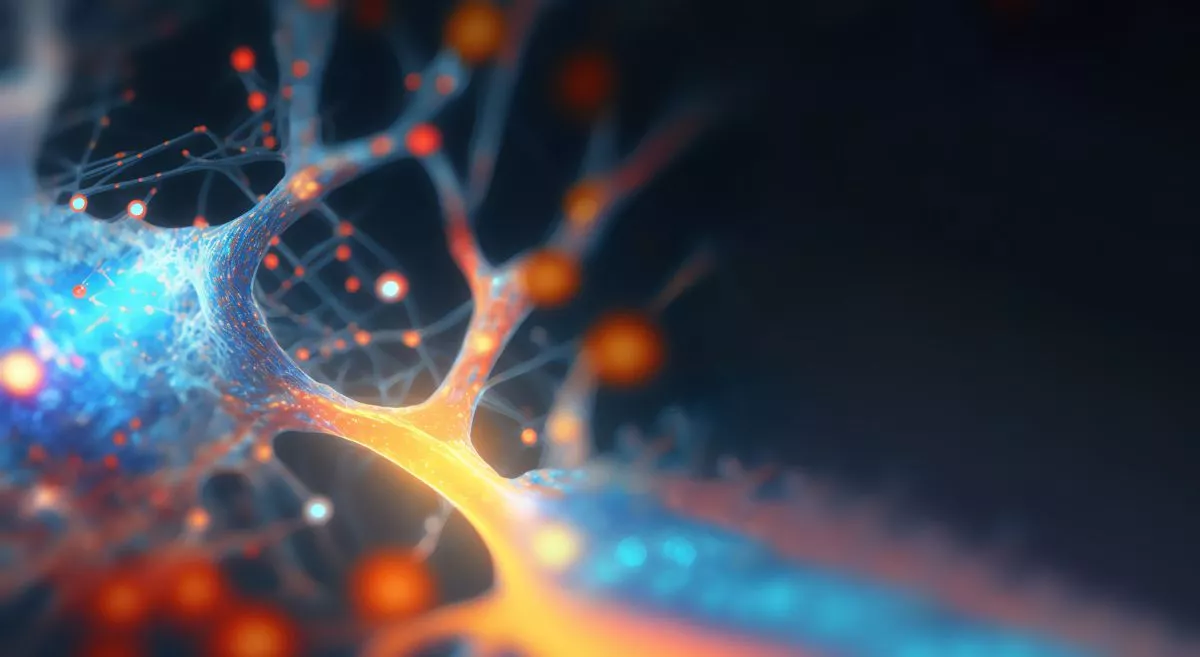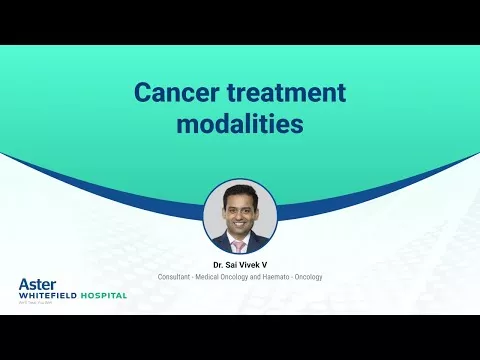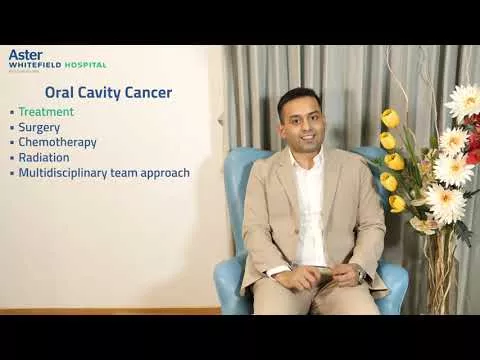Cancer treatment is a challenging journey, filled with physical, emotional, and mental battles. Amid these struggles, one critical but often overlooked component is nutrition. Proper nutrition plays an essential role in supporting the body during cancer treatment, helping to manage symptoms, reduce inflammation, aid recovery, maintain a healthy weight, and improve overall quality of life. This blog delves into why nutrition is vital during cancer treatment and how patients can optimize their diets for better outcomes.
The Importance of Nutrition
Nutrition is a cornerstone of health, and its importance is magnified during cancer treatment. Proper nutrition supports the immune system, helping to lower the risk of infections and aid healing. Nutritional deficiencies can lead to fatigue and a reduced quality of life, making it harder for patients to cope with treatment. Research shows that at the time of diagnosis, 90% of cancer patients already have addressable nutritional symptoms related to their cancer, yet many do not receive the necessary nutritional intervention or support.
Here are five reasons why good nutrition is crucial during the cancer journey:
1. Managing Treatment Side Effects
Symptom management is a primary concern for cancer patients and their caregivers. Treatments can cause a range of symptoms, including fatigue, diarrhea, constipation, nausea, and taste changes, all of which can significantly impact quality of life. Studies have shown that cancer patients receiving nutritional support experience a significant reduction in the occurrence and severity of these symptoms and use fewer over-the-counter medications. Alongside medical treatments, nutrition is one of the best tools to combat the side effects of cancer treatment.
2. Reducing Body Inflammation
Inflammation is the body's response to harmful stimuli, and chronic inflammation can weaken the body over time. A balanced diet can help maintain healthy body weight, steady blood sugar levels, strengthen the immune system, and reduce inflammation. Anti-inflammatory foods include colorful fruits and vegetables, whole grains, and healthy fats such as those found in nuts, olive oil, and salmon. Conversely, it's advisable to limit pro-inflammatory foods like processed meats, refined sugars, white flour, fried foods, and sugar-sweetened beverages. Occasional treats are fine, but consistent healthy eating habits are key.
3. Supporting Recovery Post-Surgery and Treatment
Recovery from surgery and treatment requires significant energy and nutrients. Protein is particularly important as it helps repair and rebuild healthy tissues. Adequate protein intake has been shown to shorten hospital stays. Healthy protein sources include beans, legumes, tofu, nuts, quinoa, Greek yogurt, eggs, fish, and poultry. For those struggling to eat, homemade protein smoothies can be a great option, blending plain Greek yogurt, nut butter, and favorite fruits and vegetables.
4. Maintaining a Healthy Weight
Maintaining a healthy weight is critical during cancer treatment. Weight loss can negatively impact outcomes, with even a 2% weight loss correlating with poorer results. To combat weight loss, patients can eat frequently and incorporate calorie-dense foods like avocados, nut butter, and olive oil. Conversely, overweight patients can benefit from a balanced diet to avoid further health complications.
5. Enhancing Longevity and Quality of Life
A healthy diet, combined with the right treatment regimen, can significantly improve survival rates and quality of life for cancer patients. Patients who receive nutritional support often see significant improvements in their overall well-being. Working with a medical team and dietitian to create a personalized nutrition and exercise plan can be incredibly beneficial.
Crafting Personalized Nutrition Goals
Nutrition goals should be individualized based on the type and stage of cancer and any existing medical conditions. Adequate protein and calorie intake are crucial for healing and maintaining energy levels.
Here are some general guidelines:
1. Diverse Diet: Incorporate a low-fat diet rich in whole foods like fruits, vegetables, grains, beans, nuts, and seeds. Include lean meats like poultry and fish and low-fat dairy products.
2. Limit Unhealthy Foods: Avoid processed foods, sugary beverages, and foods high in fat and sugar. Limit caffeine, sodium, and alcohol intake.
3. Ensure Adequate Water Intake: Drink plenty of water to maintain proper hydration levels.
4. Weight Management: If feeling weak or underweight, a high-calorie, high-protein diet might be recommended. Otherwise, aim to eat 70-80% of normal food intake to maintain body weight while ensuring adequate nutrient intake.
The Critical Role of Dietitians
Registered dietitians play a crucial role in managing diet during and after cancer treatment. They help address side effects that affect nutrition, such as taste changes and appetite loss. Dietitians work with patients and their families to improve nutrition and quality of life by guiding dietary changes, meal frequency, and how to manage eating difficulties caused by treatment.
Combating Malnutrition
Cancer and its treatments can impact appetite, taste, and nutrient absorption, leading to malnutrition. Malnutrition weakens patients, affects their quality of life, and reduces their tolerance and response to treatments.
To fight malnutrition, consider the following strategies:
- Increase Protein Intake: Focus on protein-rich foods to help build and repair muscle. Options include meat, poultry, fish, seafood, eggs, dairy, nuts, and seeds.
- Boost Caloric Intake: High-calorie foods like nut butter, avocados, and dried fruits can help meet energy needs. High-calorie smoothies or protein drinks are also beneficial.
- Opt for Smaller Meals: Several small meals throughout the day can be easier to manage than three large ones.
- Choose Easy-to-Chew Foods: If experiencing mouth sores or a sore throat, soothing foods like milkshakes, broth, pudding, or scrambled eggs can be helpful. Sucking on ice chips can prevent dehydration.
- Consider Supplements: Doctors may prescribe nutritional supplements to ensure adequate nutrient intake.
- Use Appetite Stimulants: Medications or natural remedies like peppermint or ginger can help stimulate appetite if nausea or vomiting is a problem.
- Hydrate well: Staying hydrated is crucial, and sipping liquids throughout the day can help manage dry mouth.
Nutrition is a powerful tool in the fight against cancer. It supports the immune system, helps manage symptoms, reduces inflammation, aids recovery, maintains a healthy weight, and can improve overall quality of life and survival rates. By working closely with healthcare providers and dietitians, cancer patients can optimize their diets to support their treatment and recovery. Good nutrition is not just about eating the right foods; it's about fueling your body to fight cancer and emerge stronger on the other side.
In the face of cancer, there is much we cannot control, but nutrition is one area where we can make a significant impact. By prioritizing a healthy diet and working with medical professionals, patients can better manage their symptoms, support their bodies, and improve their quality of life during and after treatment.











